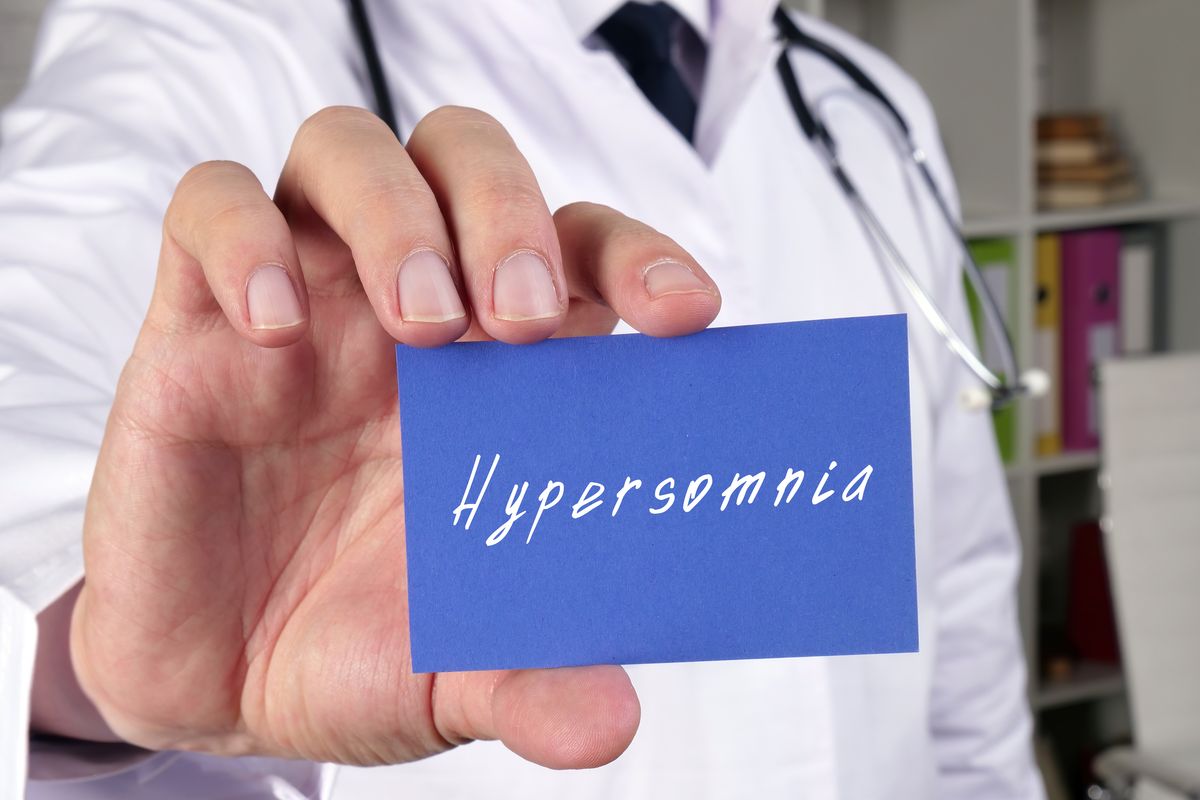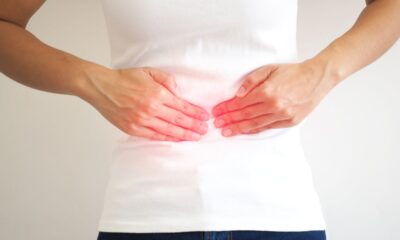Health
Hypersomnia: how to combat excessive daytime sleepiness?

What is hypersomnia? It is much more common than you think, but the forms and symptoms can be different.
Rather disabling disorder, hypersomnia causes great drowsiness even when there has been night rest and perhaps has exceeded the classic 8 hours. Let's see what are the factors that determine it and the symptoms, as well as if there are natural remedies and effective treatments.
Hypersomnia: causes and symptoms
Hypersomnia is excessive and uncontrollable daytime sleepiness , which makes it difficult to perform any daily task. It is good to underline that there are different types of disorder, as well as the intensity with which it manifests itself can vary. The most common forms are:
- hypersomnia from insufficient sleep and pseudohypersomnia (who sleeps too much);
- disturbance caused by taking drugs, diseases or by unfavorable environmental conditions;
- linked to restless legs syndrome;
- disorder associated with psychiatric disorders;
- idiopathic hypersomnia and narcolepsy.
Regardless of the form of the disorder, hypersomnia has clear symptoms :
- asthenia;
- headaches;
- difficult awakening;
- difficulty concentrating.
Generally, those with this disorder sleep even more than ten hours, but nevertheless feel a great drowsiness during the day. Not surprisingly, involuntary and never restful daytime falls asleep can also happen.
View this post on Instagram
Daily sleepiness: what to do?
In most cases, daytime hypersomnia occurs between the ages of 15 and 30, almost always before the age of 25. Diagnosis is rather difficult because, before reaching this disease, many other sleep disorders must be ruled out. There is currently no universal cure , but your doctor may prescribe psychostimulants or tricyclic or bicyclic antidepressants, which help you stay awake.
It should be emphasized that pharmacological treatment alone is not decisive. The therapy must be accompanied by some precautions that can help keep sleepiness under control. Specialists recommend taking 15/20 minute naps every two hours, always before getting behind the wheel, and drinking coffee or other stimulating drinks. Finally, a course of cognitive behavioral psychotherapy is also indicated.
Riproduzione riservata © - WT











